What is Nano Crystallized Glass Stone? A Deep Dive
In the world of modern architecture, the quest for the perfect white surface is endless. What is nano stone? It is a revolutionary material that has emerged as the answer. This guide provides a deep dive into nano crystallized glass stone, a high-performance material redefining purity and durability in design. For those seeking advanced material solutions, you can explore our high-performance stone slabs.

The Science of Nano Stone: From Raw Materials to a Flawless Slab
How is nano crystallized glass made? Its creation is a testament to advanced material science. It combines natural minerals with a sophisticated manufacturing process.
The Unique Composition: Silica and Natural Minerals
Unlike resin-based engineered stones, nano stone is composed of natural minerals like silica. These raw materials are ground into a fine powder at the nano level. This unique composition is the foundation of its exceptional properties.
The High-Temperature Crystallization Process
The mineral powder is subjected to extremely high temperatures, causing it to melt. It then undergoes a controlled crystallization process. This mimics the formation of natural granite deep within the earth. The result is a solid, homogenous slab with incredible density and strength.
Achieving a Zero-Resin Artificial Stone Slab
A key feature of crystallized glass stone is that it contains no resins or binders. This makes it fundamentally different from quartz. This zero-resin composition gives it superior resistance to heat, chemicals, and UV radiation, making it a truly unique artificial stone slab.
Superior Performance: Key Properties of Nano Crystallized Glass Stone
What are the properties of nano stone? This material offers a range of benefits that make it ideal for demanding applications. Its high-performance characteristics set it apart.
Extreme Hardness and Scratch Resistance
Is nano stone durable? Yes, extremely. Its high density and crystalline structure give it a hardness comparable to granite. It is highly resistant to scratches and abrasion. This makes it an excellent choice for countertops and high-traffic flooring.
Zero Water Absorption: The Ultimate Non-Porous Surface
The manufacturing process creates a completely non-porous surface. Nano crystallized glass has a water absorption rate close to zero. This makes it impervious to stains from wine, coffee, or ink. This hygienic quality also prevents the growth of bacteria and mold.
Superior Stain and Chemical Resistance
Because it contains no resin, nano stone is highly resistant to acids and alkalis. It will not etch or discolor when exposed to common household chemicals. This makes it a robust choice for laboratories and healthcare environments.
Achieving an Ultra-White, Pure Appearance
One of the most sought-after qualities of this material is its brilliant, pure white color. It provides a clean, luminous, and consistently ultra-white stone surface. This is perfect for achieving a flawless minimalist design. For projects demanding the purest white, our nano stone solutions are an ideal choice.
Applications in Modern Architecture and Design
Where can I use nano stone? Its unique properties open up a wide range of possibilities for architects and designers.
High-End Kitchen Countertops and Backsplashes
The durability and stain resistance of nano stone make it a premium countertop material. Its pure white appearance creates a stunning, modern kitchen aesthetic.
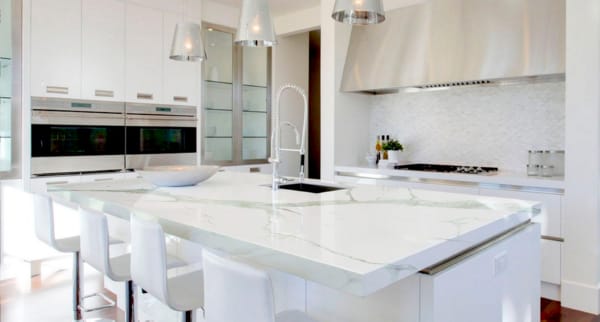
Hygienic Surfaces for Healthcare and Laboratories
The non-porous and chemical-resistant nature of nano crystallized glass makes it perfect for sterile environments. It is an ideal choice for hospital countertops, lab benches, and other healthcare facilities.
Durable Flooring and Wall Cladding for Commercial Spaces
For high-traffic commercial applications, nano stone offers exceptional wear resistance. It can be used as elegant flooring or seamless wall cladding. Its reflective surface can also help to brighten interior spaces.
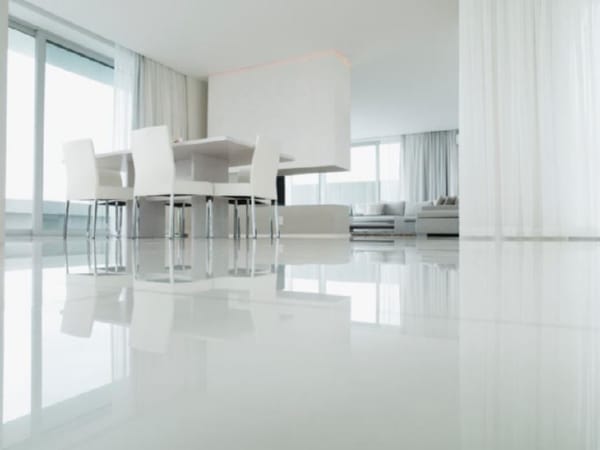
Custom Furniture and Design Elements
The material's versatility allows it to be fabricated into custom furniture. Think minimalist dining tables, reception desks, and other bespoke design elements.
Nano Crystallized Glass vs. Quartz: A Technical Comparison
Is nano stone better than quartz? The answer depends on the specific application and requirements.
Composition: Resin-Free vs. Resin-Bonded
The biggest difference is composition. Nano stone is resin-free, while quartz contains polymer resins. This affects their performance in several key areas.
Heat and UV Resistance
Due to its lack of resins, nano stone has superior heat and UV resistance. It is less likely to scorch or yellow from heat or sunlight. This makes it a potential candidate for certain covered outdoor applications where quartz is not recommended.
The Quest for the Purest White
While many white quartz options exist, nano stone offers an unparalleled level of brilliant, pure white. For projects where achieving the absolute brightest white is critical, nano stone is the definitive choice. You can compare our white stone options today.
Fabrication and Installation Considerations for Nano Stone
Working with this high-performance material requires specific knowledge and tools.
Recommended Tools and Cutting Techniques
Fabricators should use tools designed for cutting glass or hard porcelain. Diamond blades with continuous rims are recommended for clean cuts.
Edge Profiling and Polishing
The material can be profiled into various edge styles, just like natural stone. Polishing can restore its high-gloss finish.
Best Practices for Installation
Standard stone installation practices apply. Using a white, high-quality adhesive is recommended to maintain the purity of the material's appearance.
Why Nano Stone is the Ultimate Choice for Purity and Performance
In conclusion, nano crystallized glass stone is more than just another surface material. It is an advanced solution for designers and architects seeking the highest levels of performance and aesthetic purity. With its ultra-white stone appearance, exceptional durability, and zero-maintenance surface, nano stone stands as the ultimate choice for projects that demand the very best.
Interested in specifying Nano Crystallized Glass Stone for your next high-performance project? Contact our technical team for detailed data sheets and samples.
Frequently Asked Questions about Nano Crystallized Glass Stone
Can nano stone be used for flooring?
Yes. Its extreme hardness and wear resistance make it an excellent material for flooring in both residential and high-traffic commercial areas.
How does the cost of nano crystallized glass compare to high-end quartz?
Nano crystallized glass is a premium material, and its cost is typically in the range of high-end quartz or some natural marbles. Its superior performance and longevity, however, provide excellent long-term value.
Does nano stone chip or crack easily?
While it is extremely hard, like any ultra-hard material, it can chip if subjected to a sharp, heavy impact on an edge. However, its overall durability and resistance to cracking are excellent.
Is it possible to get nano stone in colors other than white?
While it is most famous for its pure white color, some variations and custom colors can be produced. For specific color inquiries, it is best to consult with our material specialists.
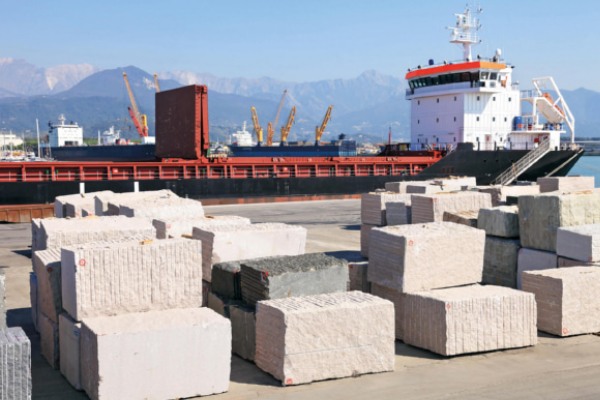 Checklist for Importing Stone Slabs from China
Checklist for Importing Stone Slabs from China
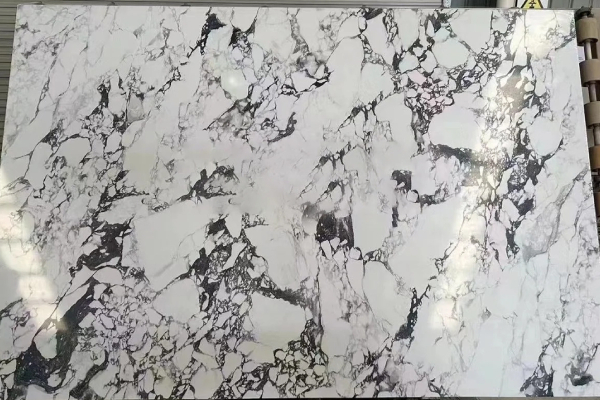 Our Stone Quality Control: A Commitment to Excellence
Our Stone Quality Control: A Commitment to Excellence
 Decoding Stone Finishes: Polished vs. Honed vs. Matte
Decoding Stone Finishes: Polished vs. Honed vs. Matte
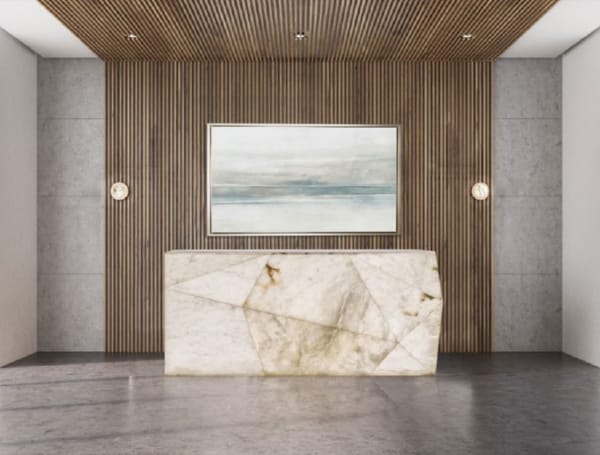 Beyond the Countertop: Innovative Stone Slab Uses
Beyond the Countertop: Innovative Stone Slab Uses
 Optimize Your Project with Cut-to-Size Stone Slabs
Optimize Your Project with Cut-to-Size Stone Slabs
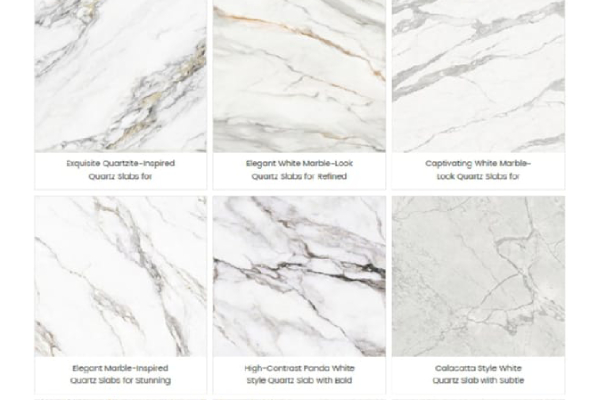 Inside Kangsheng: Our Advanced Stone Fabrication Process
Inside Kangsheng: Our Advanced Stone Fabrication Process
 What is Nano Crystallized Glass Stone? A Deep Dive
What is Nano Crystallized Glass Stone? A Deep Dive
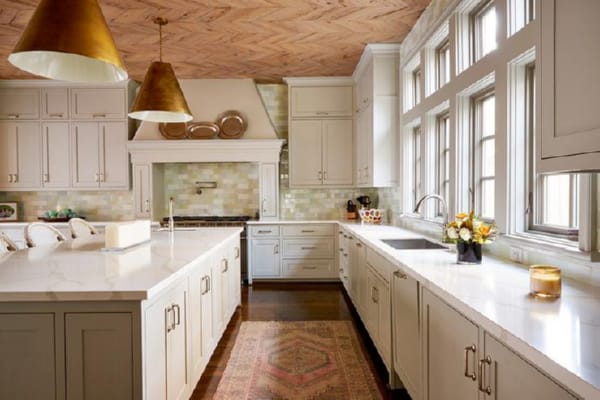 Get the Marble Look Without the Maintenance
Get the Marble Look Without the Maintenance
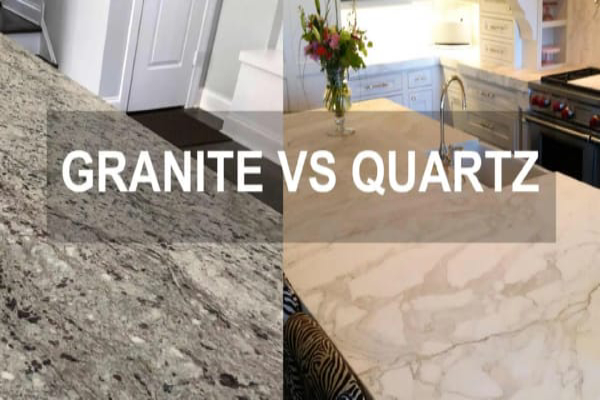 Quartz vs. Granite: A Comparison for Developers
Quartz vs. Granite: A Comparison for Developers
 The Ultimate Guide to Engineered Quartz Countertops
The Ultimate Guide to Engineered Quartz Countertops
